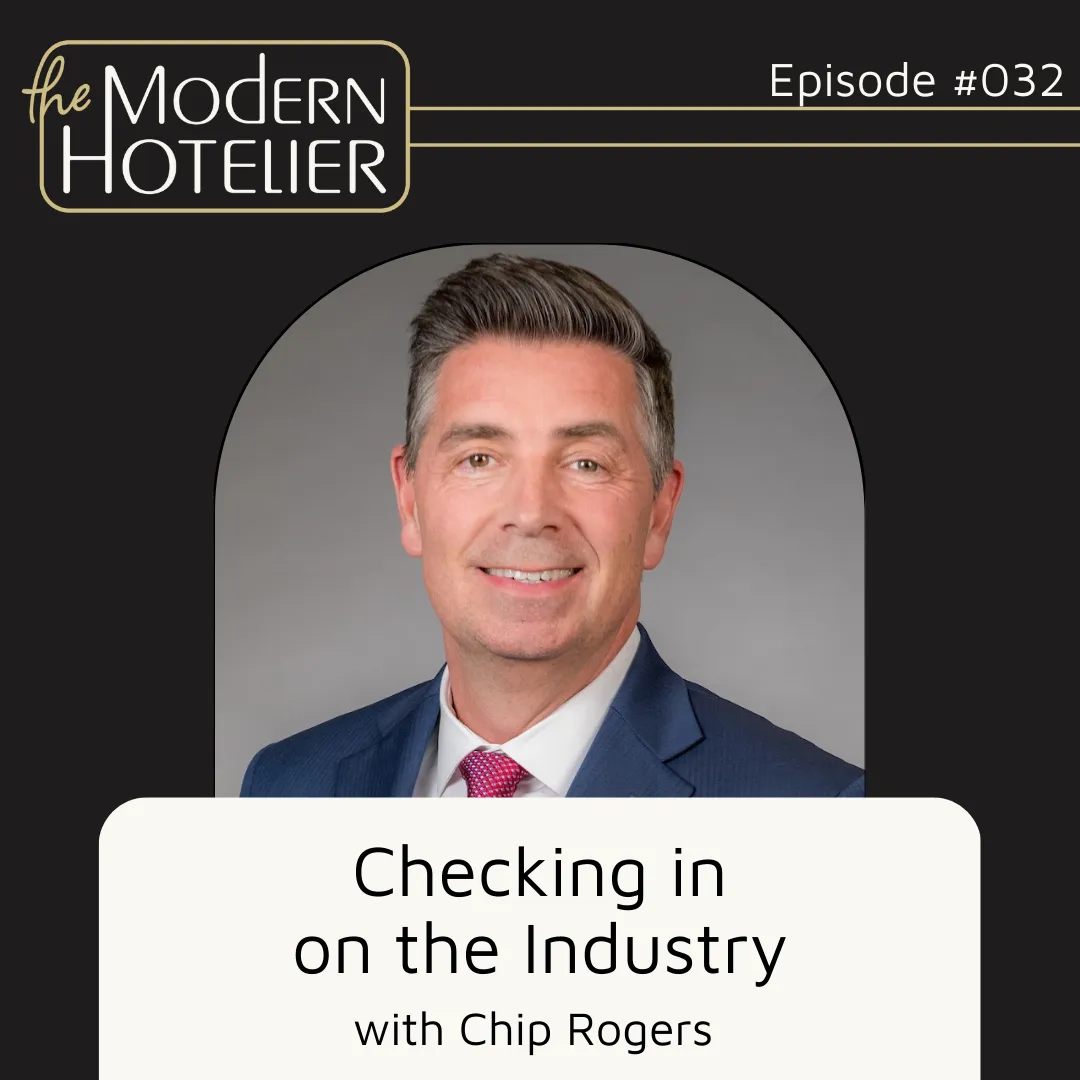Have you ever wondered who represents and advocates for the Hospitality Industry to government leaders and policymakers?
Today we get to meet the man who leads that organization. Our guest today is the President & CEO of the American Hotel and Lodging Association, Chip Rogers.
In this episode, Chip shares his insights on the latest trends in the hospitality industry, including the rise of sustainable tourism and the increasing demand for personalized travel experiences. He also discusses the impact of the labor shortage on hotels, restaurants, and other hospitality businesses, and offers strategies for attracting and retaining top talent. Tune in now to meet Chip Rogers and learn about the state of the industry in 2023.
In this episode, you'll learn:
- Who Chip Rogers is and what he does for the hospitality industry
- What are the changing needs of travelers and how the industry needs to adapt
- How is the labor shortage impacting the hospitality industry
- What strategies hospitality businesses can use to attract and retain top talent
- What you can expect at The Hospitality Show this year in Las Vegas
This Episode is sponsored by CartStack RezRecover. You don’t have to have a “shopping cart” to have a cart abandonment problem! RezRecover works the same for online booking engines as it does for ecommerce websites, by tracking your almost-customers, and sending them conversion focused emails, SMS messages and push notifications to get them back to complete their purchase.
Exclusive Cartstack discount for The Modern Hotelier Listeners: Exclusive Cartstack discount for The Modern Hotelier Listeners: https://www.cartstack.com/sign-up/?cp=rezrecover&partner=modernhotelier
The Modern Hotelier is produced, edited, and published by Make More Media: https://makemore.media/
Episode Links
Chip Rogers
David Millili
Steve Carran
Steve on LinkedIn
The Modern Hotelier
Transcript
Automatic Transcription - please excuse any errors

